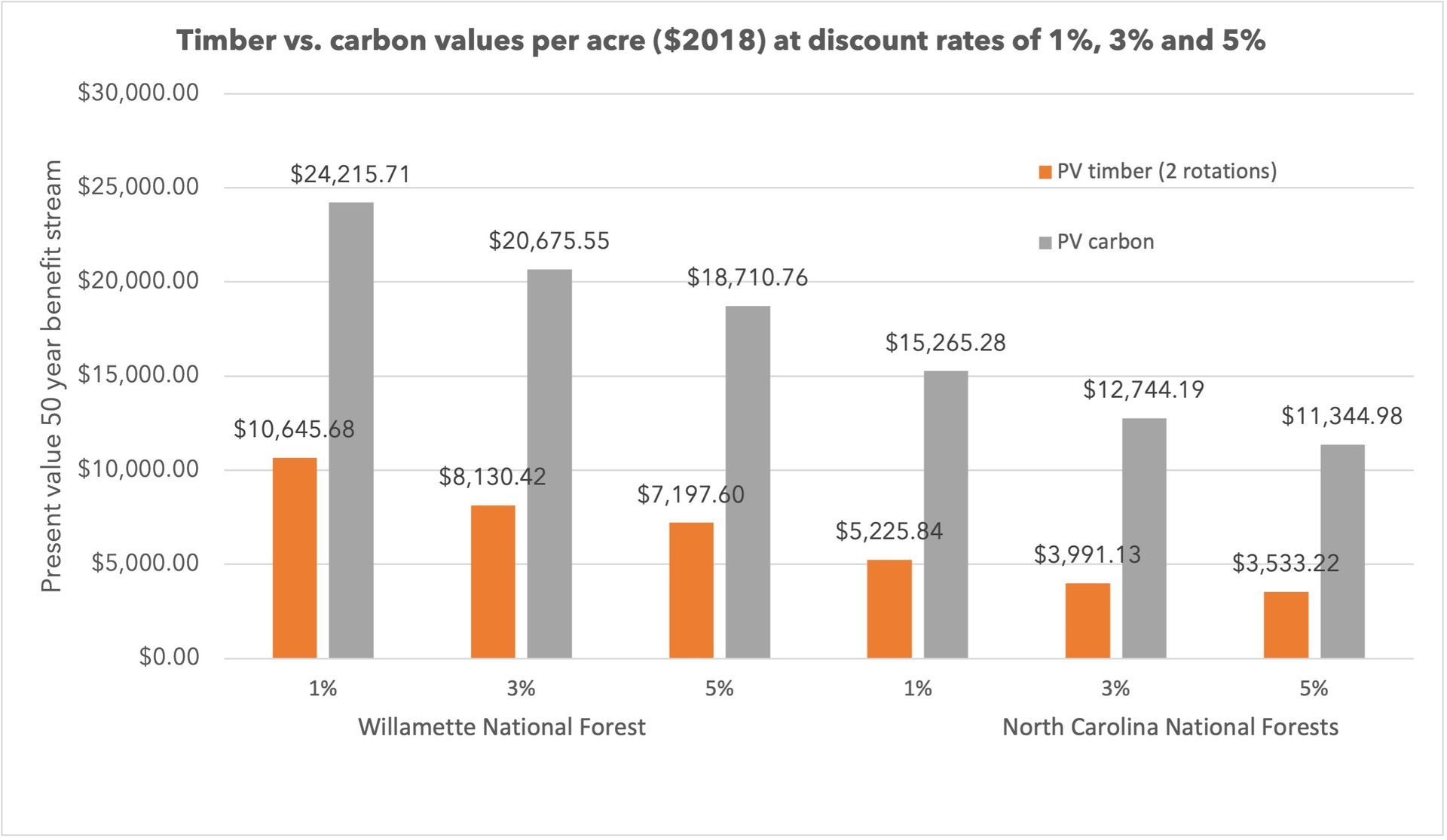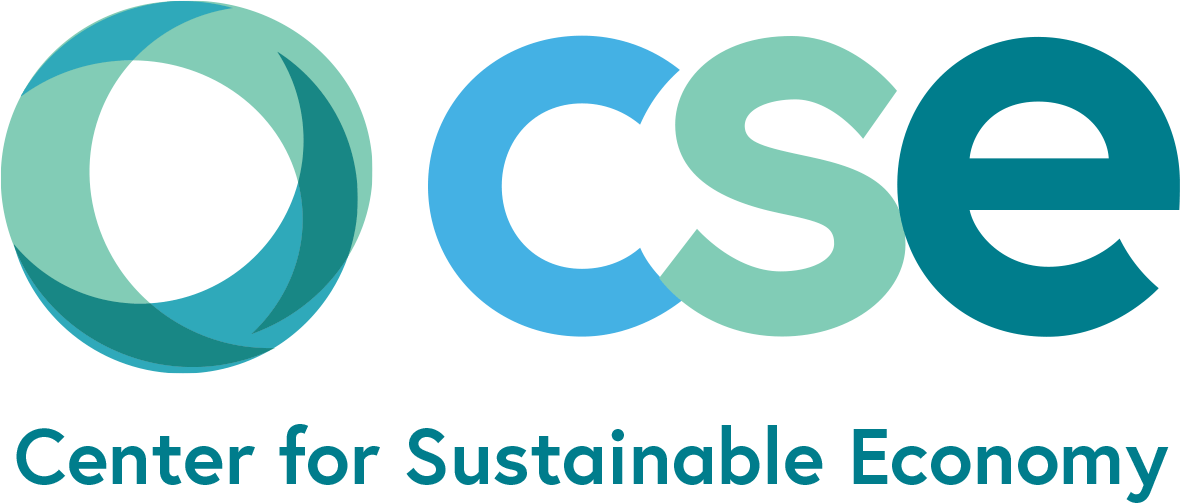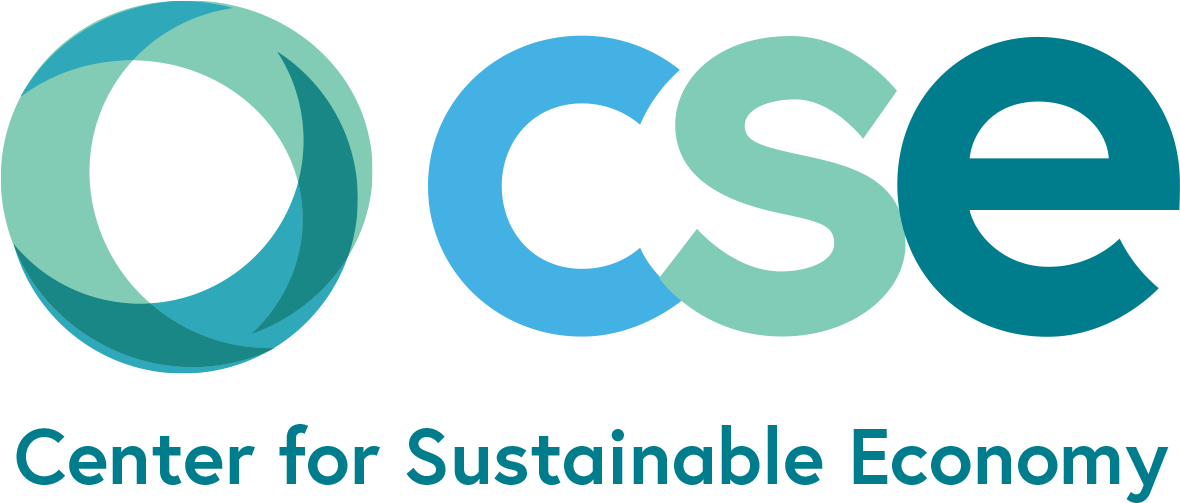Federal Logging Program Loses Billions for Taxpayers
May 21, 2019
New report from CSE finds that the Federal timber sale program loses nearly $2 billion a year for US taxpayers while increasing fire risk and degrading habitat for fish and wildlife.

FOR IMMEDIATE RELEASE 5-21-19
For more information contact:
John Talberth, Senior Economist, Center for Sustainable Economy
(510) 384-5724
jtalberth@sustainable-economy.org
Portland, OR –In a new report released today, the Center for Sustainable Economy has documented taxpayer losses of nearly $2 billion a year associated with the federal logging program carried out on national forest and Bureau of Land Management lands. Despite these losses, the Trump Administration plans to significantly increase logging on these lands in the years ahead, a move that would plunge taxpayers into even greater debt. On December 21, 2018, President Trump signed an executive order that would increase national forest logging by 40% over current levels.
The CSE study compares the costs of the timber sale program to US taxpayers with US Treasury deposits earned from the sale of timber, relying on a methodology first used by California’s John Muir Project and found by the Congressional Research Service to be a “reasonable estimate” of the net cash loss to taxpayers. While the report focuses on financial losses to taxpayers, it also highlights the fact that the federal logging program is an economically inefficient use of federal forestlands.
Key findings of the report include:
- Federal forestlands are far more valuable when managed for carbon and other ecosystem services yet logging on these lands continues to be subsidized.
- Taxpayers subsidies for the federal logging program ranged from $1.6 to $1.8 billion per year in fiscal years 2013 through 2017. The estimated losses are conservative as they do not include logging related damages to water, soils, wildlife and other resources.
- The Forest Service attempts to justify these losses by hiding commercial timber sale projects within larger ecological restoration projects – a move that consistently lands the agency in court.
- Selling timber from federal lands below cost is a form of environmentally harmful subsidy that runs afoul of international agreements.
- Congress can remedy the situation by decoupling funding for ecological restoration projects from commercial logging and ensuring that minimum bid prices for federal timber offset all agency costs.
According to Dr. John Talberth, Senior Economist from the Center for Sustainable Economy, “Federal forests represent the last remaining islands in a sea of forestlands degraded by industrial logging activities on state and privately owned lands. Our federal forests are far more valuable as carbon sinks, recreation destinations, wildlife habitat and natural water filters than they are for timber production. As such, the economic damage from these logging subsidies is twofold: taxpayers lose money and local economies lose opportunities to diversify and use the land for much more valuable purposes.”
The report also challenges the claim made by the Forest Service that logging projects help reduce fire risk and result in improvements in watershed function and wildlife habitat. “Best available science and experience on the ground have shown over and over that commercial logging is the problem, not the solution, and that ecological goals can be achieved far more effectively through legitimate restoration activities that are not distorted by perverse logging incentives,” Talberth said.
CSE’s report is the first in a series of reports addressing environmentally harmful subsidies in the US, beginning with federal- and state-level subsidies for the logging industry. As the report notes, eliminating environmentally harmful subsidies (EHS) is a key strategy embraced by international institutions for achieving sustainable development goals, reducing climate impacts, and making trade regimes more efficient. The US is party to these international agreements and so eliminating EHS at both the federal and state levels constitutes a broken commitment by the US to its strategic partners and allies.



